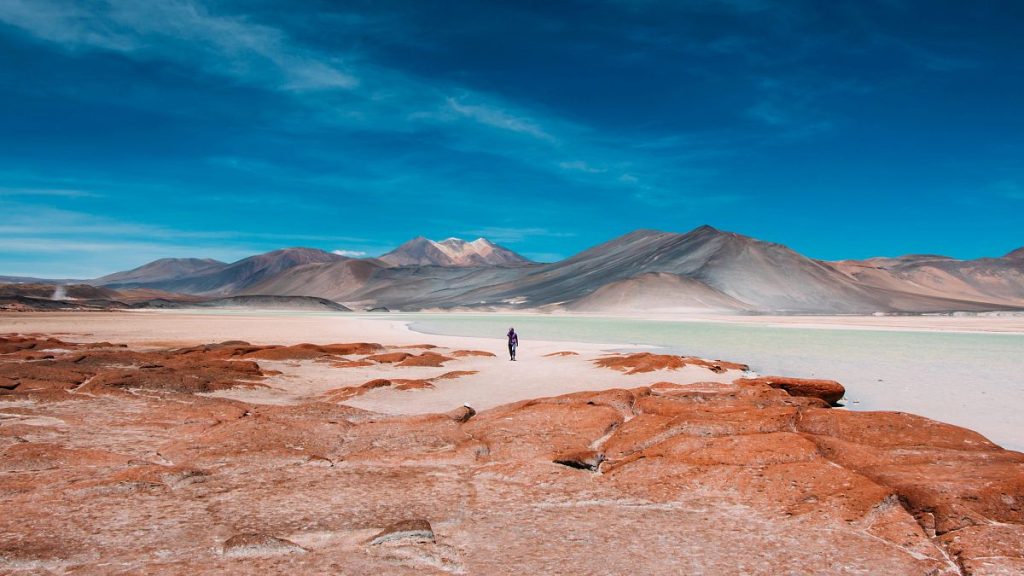Chile, a land of stark contrasts and breathtaking beauty, is embracing sustainable tourism as a means of preserving its natural heritage while fostering economic growth in local communities. From the arid expanse of the Atacama Desert, renowned for its unparalleled stargazing opportunities, to the glacial fjords and lush forests of Patagonia, Chile offers a diverse range of experiences for the adventurous traveler. This commitment to eco-conscious travel recognizes the intrinsic value of Chile’s unique ecosystems and the need to balance tourism with conservation efforts. This focus ensures that the country’s natural wonders remain pristine for generations to come while also benefiting the communities that call these landscapes home.
Chile’s approach to sustainable tourism is multifaceted, encompassing a variety of initiatives designed to minimize environmental impact and maximize benefits for local populations. The country is actively expanding its network of protected areas, including Patagonia Park, where new trails offer visitors immersive experiences within the stunning Pinturas River Canyon. Furthermore, Chile is championing the preservation of dark skies, securing certifications for various areas as dark-sky sanctuaries, thus preserving the pristine conditions necessary for astronomical observation. The “Route of Parks” initiative connects a series of national parks and reserves, facilitating access to these natural treasures and encouraging visitors to explore the diverse ecosystems that stretch from Puerto Montt to Cape Horn. This comprehensive approach to conservation not only protects vital habitats but also creates opportunities for eco-tourism and supports local economies.
Beyond its natural wonders, Chile’s rich cultural heritage is also integrated into the sustainable tourism model. The Colchagua Valley, a renowned wine region, offers visitors a chance to experience the symbiotic relationship between humans and nature through vineyard tours and tastings, showcasing how sustainable agricultural practices can enhance both the environment and the local economy. Chile’s extensive coastline presents a plethora of opportunities for coastal tourism, from the renowned surfing beaches of Pichilemu to the tranquil shores of the Atacama Desert and the rugged, secluded coves of Chiloe Island. This diversity caters to a wide range of interests, ensuring that both thrill-seekers and those seeking tranquility can find their niche along Chile’s extensive Pacific frontage.
The Chilean tourism board plays a crucial role in promoting responsible travel practices, targeting discerning travelers who appreciate the value of sustainable tourism and are willing to invest in experiences that benefit local communities and protect the environment. This strategic approach recognizes that sustainable tourism is not solely about minimizing environmental impact but also about generating positive social and economic outcomes. By focusing on high-value, low-impact tourism, Chile aims to attract visitors who are committed to responsible travel, thus mitigating the potential negative consequences of mass tourism and ensuring that the benefits of tourism are distributed equitably.
One of the cornerstones of Chile’s sustainable tourism strategy is the emphasis on collaboration with local communities. By partnering with local residents, the tourism board ensures that conservation efforts are locally driven and that the benefits of tourism directly contribute to the well-being of those who live in and around protected areas. Many hotels and tour operators are adopting eco-friendly practices, minimizing their environmental footprint through initiatives such as reducing water and energy consumption, implementing waste management programs, and sourcing local products. This commitment to sustainable operations reinforces the message that responsible tourism is a shared responsibility and that everyone has a role to play in protecting Chile’s natural and cultural heritage.
While Chile is not currently grappling with overtourism to the same extent as some other popular destinations, the country remains vigilant in monitoring visitor impacts on fragile ecosystems. Strategies for managing visitor flow include promoting lesser-known destinations, dispersing tourism beyond the most popular sites, and implementing visitor limits in sensitive areas. Furthermore, the tourism board actively promotes eco-lodges, such as Awasi Patagonia and Explora Atacama, which exemplify sustainable tourism practices and provide visitors with immersive experiences that are both luxurious and environmentally responsible. This proactive approach demonstrates Chile’s commitment to long-term sustainability, ensuring that the country’s natural wonders remain accessible and vibrant for generations to come.













